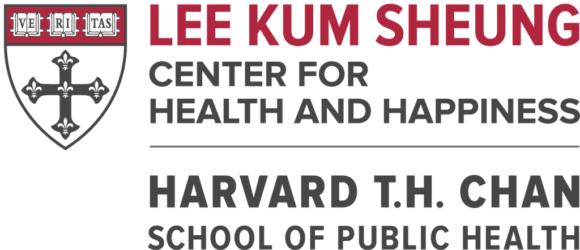The murder of George Floyd and the countless others before him, both recognized and unrecognized, combined with the disproportionate impact of COVID-19 on people of color and the poor, reveal more clearly than ever the enduring health inequities in our society. This moment is a clarion call to confront the deep social systems that make it more difficult for Black individuals, communities of color, and people who are poor and marginalized to attain a state of complete physical, mental, and social well-being. Population health cannot be achieved when some people are systematically excluded from having the social, economic, and political power to thrive.
As public health professionals, we often hear that our first job should be to mitigate suffering. But we argue our goal should be positive health and well-being. These are markers that individuals (and organizations and societies) are resilient and have the tools required for thriving. A focus on positive health and well-being matters now more than ever.
As we are confronted again with the deep and enduring inequities that are baked into our political and social fabric, we ask ourselves:
- How can we spend time and resources in research aimed at achieving positive health when there is so much suffering that needs immediate mitigation?
- How can we promote well-being and positive health in a time and a place where opportunities to achieve these are so unequally distributed?
- Is the absence of illness and suffering sufficient, or can we, as a society, aspire to do better by all our citizens?
When we answer these questions, we renew our call to action and work to discover ways to dismantle the barriers to all people achieving positive health and well-being:
- We know adversity, trauma, and historical trauma can profoundly disrupt emotional well-being and life functioning.
- We know placing the responsibility for achieving well-being solely on individuals and blaming individuals for failing to achieve resilience perpetuates health inequities and does not hold systems accountable.
- We know capacity to absorb disturbance and reorganize enables individuals, organizations, and systems to maintain function and even thrive.
We take very seriously as part of our mission the focus on improving health and well-being at a population level. We hone in on those who are underserved and highlight the inequities in health and well-being among people, social groups, and geographies. Next year, our monthly seminar series will be organized around health equity and positive well-being, with a focus on social determinants of health, most notably race and socioeconomic status. We hope that you will join us as we continue this important conversation. In addition, as a Center, we commit to focusing our efforts on supporting and mentoring young scholars of color in an effort to increase the diversity of the voices heard in the field.
Center Affiliate and the Chair of the Department of Social and Behavioral Sciences, Dr. David Williams, presented on June 4, 2020 at the Radcliffe Institute’s “Naming Racism” seminar, discussing with Dr. Camara Phyllis Jones ways to dismantle the system of racism and put in its place a system in which all people can thrive. We encourage you to view a recording here.
We must hold our communities, institutions, and government, as well as each other, accountable for the social structures that we wittingly and unwittingly support. In this time of unrest and grief and anxiety and rage, we commit to using both science and compassion to gain insights into how we can help break the systemic barriers and build resilience. We join with the scientific community in enacting and supporting the social changes necessary to make positive health and well-being achievable for all.
Laura Kubzansky, PhD
Lee Kum Kee Professor of Social and Behavioral Sciences
Co-Director, Lee Kum Sheung Center for Health and Happiness
Harvard T.H. Chan School of Public Health
Vish Viswanath, PhD
Lee Kum Kee Professor of Health Communication
Co-Director, Lee Kum Sheung Center for Health and Happiness
Harvard T.H. Chan School of Public Health

